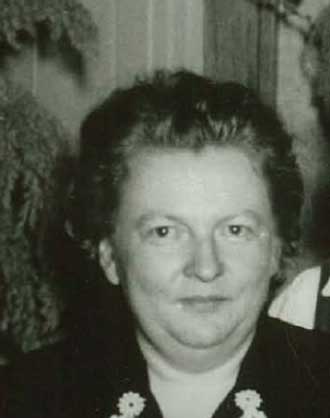
My paternal grandmother, Elsie, always wanted me to become a nurse.
She told my sisters and me time and again that if we were to make anything of ourselves, we needed to go to nursing school. An orphan adopted by a Mennonite family in Central Illinois at the turn of the century, Elsie had little formal education but knew the value of it.
Having lived through wars and the Great Depression, she was plainspoken and practical. She could wring a turkey’s neck and make a feast of it, transforming the leftover bits into a hearty soup for farmhands and hungry sons. Loathe to waste anything, she rescued fallen apricots, scraping off the healthy parts to make jam and pie. She could dispense with household pests without flinching and deliver to church elaborate vases of flowers coaxed to beauty by her own hand.
Her trade was being a farmer’s wife, and she did it well. I suspect, however, that because she was clever and strong-willed, she carried with her some regret that she hadn’t followed a career path she admired.
I rarely gave her admonitions much thought back then. After all, the nursing field seemed far too technical for me, a daydreamer who liked to write and draw. But through my association with Vanderbilt these past nine years, my admiration for nurses, too, has grown. [rquote]To care for the health of others is not only a worthy career choice, but also one of the kindest pursuits in the world.[/rquote]
I have never been so struck with that notion as I was these past few weeks, meeting Vanderbilt nurses who take their caring beyond hospital walls to Nashville’s public schools, where children deal with bumps and scrapes, yes – but also asthma, seizures and worse – hunger and neglect.
My grandmother was right. Caring for others is the noblest of professions. I did not become a nurse, but I can tell their stories. I think she would be pleased.